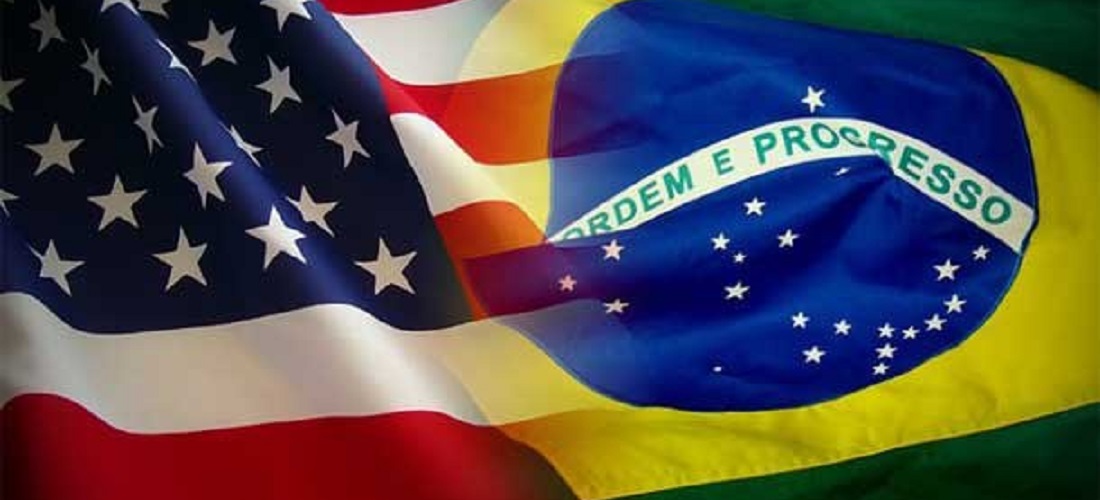
Brazil & USA conclude negotiations on 3 fronts to encourage bilateral trade
Oct, 19, 2020 Posted by Ruth HollardWeek 202043
On Monday, October 19, President Jair Bolsonaro announced that representatives of Brazil and the United States concluded the negotiations of three agreements requested by businessmen from both countries: trade facilitation, good regulatory practices, and anti-corruption. “This triple package will be able to reduce bureaucracy and bring even more growth to our bilateral trade, with beneficial effects also for the flow of investments,” he said.
For the president, “there is enormous potential” for cooperation between the two countries and several areas of common interest. “For the future, we envision a bold tax agreement, a comprehensive trade agreement, and a bold partnership between our countries to redesign global production chains,” he said.
According to CNI (the national confederation of industry), the agreements address current issues and enable cost savings and increased competitiveness in the relationship between the two countries.
“In just two years, the federal government concluded the negotiation of two important economic agreements with the United States related to the Alcântara base and the trade package. There is great expectation in the private sector to start negotiations on free trade agreements and to avoid double taxation”, stated Carlos Eduardo Abijaodi, CNI’s Director of Industrial Development.
Brazil and the United States are important and long-standing partners in the areas of trade and investment. The exchange of goods and services was over US$ 100 billion in 2019. In turn, direct investments by American companies in Brazil exceed US$ 70 billion, and investments by Brazilian companies in the United States exceed US$ 39 billion. Despite the numbers, there are enormous opportunities to expand these flows even more.
For CNI, trade facilitation measures that will reduce bureaucracy, transaction costs, and unnecessary delays related to the commercial flow of goods will provide increased competitiveness and increase efficiency for the commercial operations carried out between the two countries. According to the World Trade Organization (WTO), the adoption of such initiatives can reduce costs in international trade by up to 14%.
On the other hand, the establishment of recognized regulatory practices will contribute to promoting greater transparency, consistency, and legal certainty for economic activity, with the resulting cost reductions and stimulated growth and job creation.
Sources: Agência Brasil and Comex do Brasil
-
Ports and Terminals
Dec, 03, 2024
0
Ultra Plans to Invest BRL 1.2 Billion in Terminal at Pecém Port
-
Other Cargo
Aug, 09, 2023
0
Brazilian exports of medical devices totaled US$ 433.5 million
-
Oil and Gas
Jul, 21, 2023
0
Bolivia likely to end gas exports to Brazil by 2030
-
Meat
Feb, 09, 2024
0
Brazilian Beef Industry Sees Record Exports Despite Price Decrease

